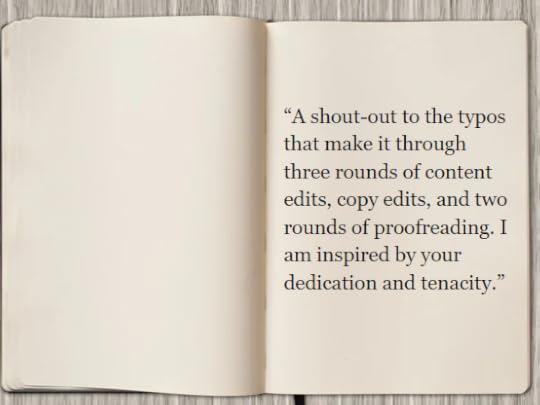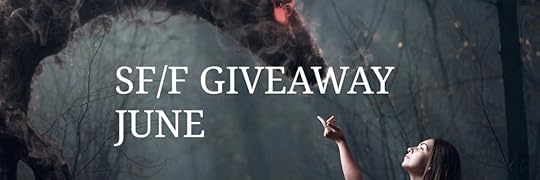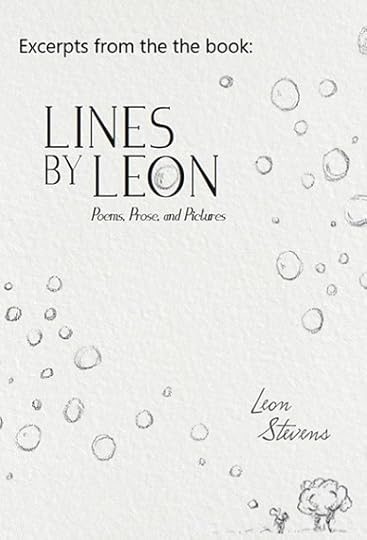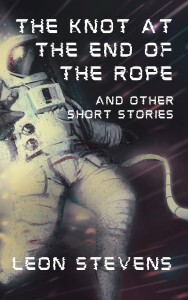Free Book Friday June 7: To Err is Human

Review edits. Check.
Read again. Check.
Format eBook for reviewers. Next on the list.
I try to send out the copy I will publish to my reviewers, but often I still find, and they do as well, the occasional typo. I found a typo in my novella, The View from Here, a year after it was published, while I was looking through the paperback I had ordered with the new cover.
Many books, both traditionally and independently published, have typos. According to Kingsely Publishers:
“The truth is,[errors are] unintentional. Your brain has an amazing ability to assume it’s seeing something that isn’t there. So sometimes people who are reading these manuscripts don’t see the errors. This is particularly true for the author as they have written and re-written each line several times, and their brain assumes it’s saying what they want it to say.“
Here are some notable errors in famous books:
The so-called “Wicked Bible,” published in 1631, had just one small typo. It omitted the “not” from one of the Ten Commandments, so that the commandment read, “Thou shalt commit adultery.”Karen Harper’s The Queen’s Governess is noted for its sharp historical detail… except for one particular sentence: “In the weak light of dawn, I tugged on the gown and sleeves I’d discarded like a wonton last night to fall into John’s arms.”Are all those wizards secretly rocking a second wand? In the very first edition of the very first Harry Potter book, the list of school supplies for Hogwarts lists “1 wand” twice.An Australian cookbook suggested that chefs season their meals with “salt and freshly ground black people.” The error was from a automatic spellcheck correcting a misspelling of the word “pepper,” but the cookbook still had to be reprinted immediately for advocating cannibalism.Cymbeline may not be Shakespeare’s most famous play, but the first name Imogen has become increasingly popular in the last few years. In the play, Imogen is a pretty awesome, cross dressing lady, based on a character from British history. The only problem is that her name is actually “Innogen.” But two “n”s next to each other look an awful lot like an “m,” so the name wound up being printed as Imogen for all time.The real American tragedy might be a lack of adequate spellcheck, because An American Tragedy by Theodore Dreiser is infamously riddled with typos, such as this typo in the first edition “…harmoniously abandoning themselves to the rhythm of the music—like two small chips being tossed about on a rough but friendly sea.”There’s slipping on your keyboard, and then there’s accidentally adding the word “dord” to the dictionary, even though “dord” isn’t a real word. The 1934 edition of Webster’s New International Dictionary defined “dord” as meaning density (they meant to write “D or d” as a scientific abbreviation for the word density). The mistake was discovered in 1939. So there were five years when everyone just walked around accepting “dord” into their lives.Even Pulitzer Prize winners make mistakes! In the first edition of McCarthy’s 2006 post-apocalyptic story The Road, a passage described “a moment of panic before he saw him walking along the bench downshore.” Since benches don’t have shores, it seems reasonable to assume McCarthy meant “beach.”Not just the first edition but the first three editions of Buck’s 1931 novel contained a small error. The Good Earth, which details the lives of farm workers in early 20th century China, contains a passage that describes a line of huts against a wall. In the early editions, the passage read, “against the base the small mat sheds clung like flees to a dog’s back.” This is a pretty straightforward homophone situation: Fleas are what might cling to dogs, while a runaway dog flees its home.So, if you find a typo in one of my books, let me know. And if you have a copy of one of my books with an error, hang onto it, it might be worth something someday.
Author’s note: Not a typo, but the first paperback edition of The View from Here has no page numbers. Oops. Who has one of those?
Perfect ARC copies of Euphrates Vanished should be available by June 15th.
-Leon
Want to receive and review an advance copyof my latest book?
 Sign up hereStarting now!
Sign up hereStarting now!

 Review Copies (These are free!)
Review Copies (These are free!)Review copies: Like reviewing books? Try my two poetry collections: Lines by Leon and A Wonder of Words
Sign up for my bi-weekly newsletter and receive a free book (poetry or science fiction or both): Leon’s Newsletter


Leon Stevens is a multi-genre author, composer, guitarist, songwriter, and an artist, with a Bachelor of Music and Education. He published his first book of poetry, Lines by Leon: Poems, Prose, and Pictures in January 2020, followed by a book of original classical guitar compositions, Journeys, and a short story collection of science fiction/post-apocalyptic tales called The Knot at the End of the Rope and Other Short Stories. His newest publications are the novella trilogy, The View from Here, which is a continuation of one of his short stories, and a new collection of poetry titled, A Wonder of Words.
My new book page: http://books.linesbyleon.com/

Sign up for my bi-weekly newsletter and receive a free book!
 Oh, pick me!
Oh, pick me!
 C’mon, space stuff!
C’mon, space stuff!



